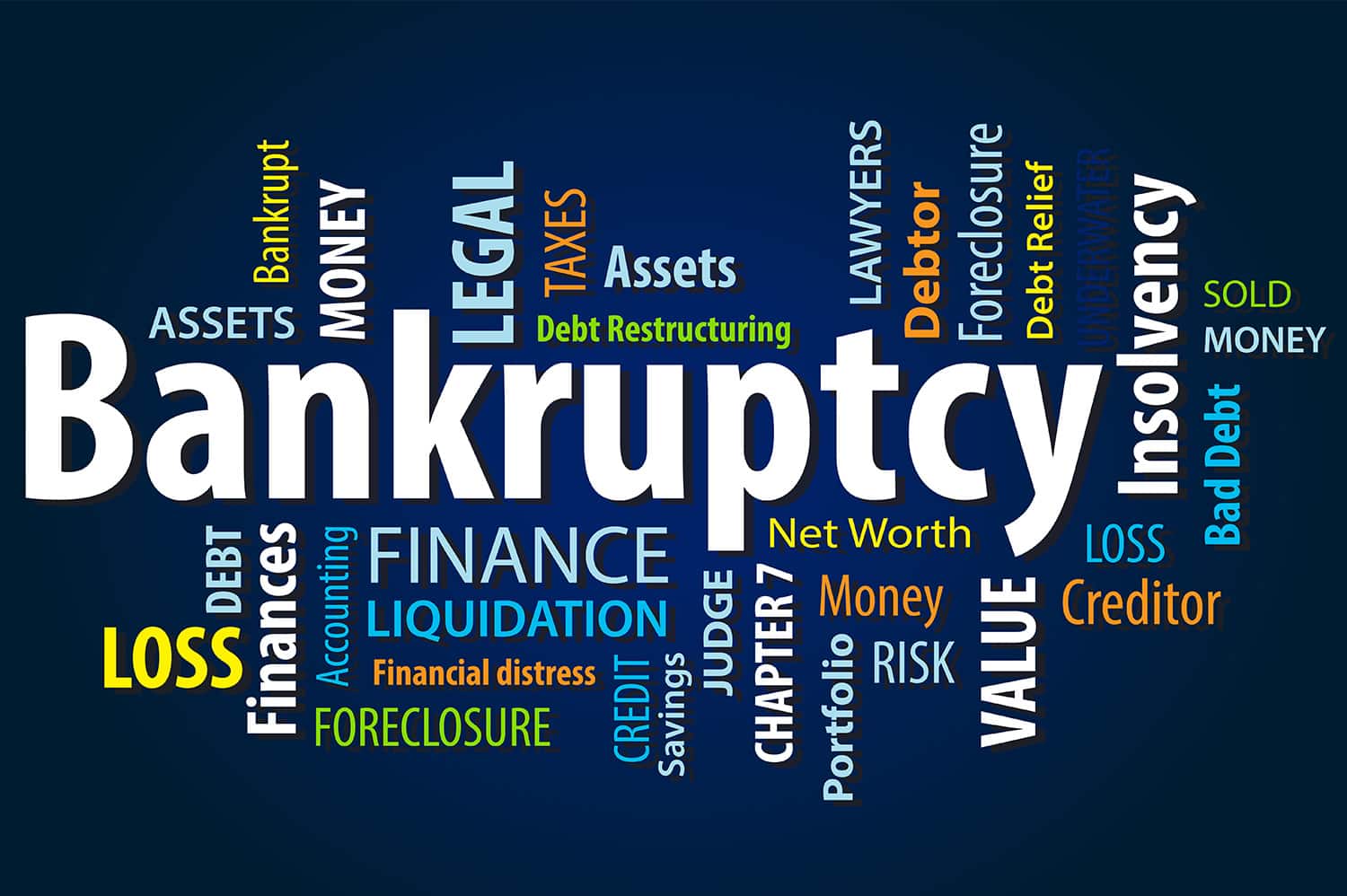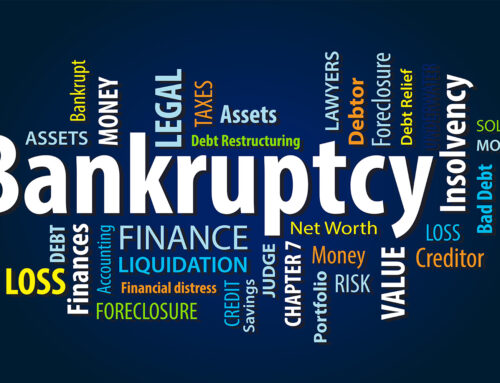Bankruptcy, a legal process allowing individuals or businesses to seek relief from debts, carries many myths and misconceptions. These falsehoods can obstruct paths to financial recovery and freedom. Understanding the types of bankruptcy and how an attorney can help is paramount in making informed decisions. Breaking down the truth behind these myths and fostering a comprehensive understanding promotes intelligent decision-making and helps people solve troublesome financial issues.
Financial Myths
Understanding bankruptcy starts with dispelling prevalent financial myths that often misguide individuals in dire need. These myths surrounding debts and repayment plans can impede the pathway to fiscal recovery. Gaining insight into the reality of these financial aspects of bankruptcy equips individuals with the necessary perspective to navigate the bankruptcy process wisely, ensuring that misconceptions do not obstruct a smooth and effective journey toward economic revitalization.
Filing for Bankruptcy Erases All Debts
A common misconception is that all debts disappear after filing for bankruptcy. However, debts like student loans, alimony, and child support are usually non-dischargeable. The specifics can vary based on the bankruptcy chapter filed, making it essential to know the details and limitations beforehand.
Bankruptcy Cannot Discharge Medical Bills
Contrary to popular myths, almost all unsecured debts, including medical bills, remain dischargeable in bankruptcy. The law allows for the clearance of these debts, despite what bill collectors may claim. Proper legal guidance can ensure you leverage these provisions to your maximum benefit.
You Cannot Obtain Credit Post-Bankruptcy
Obtaining credit after bankruptcy is achievable. While it may initially involve higher interest rates, many individuals successfully secure credit cards, loans, and mortgages post-bankruptcy.
You Cannot Discharge Credit Card Debt
Like medical bills, credit card debts and personal loans are generally dischargeable, granting much-needed financial relief to many individuals. Navigating these aspects successfully requires a thorough understanding of bankruptcy laws and regulations.
Chapter 13 Plans Require Repayment in Full
Chapter 13 bankruptcy does not require repayment in full. Plans vary extensively, with some requiring no repayment to general unsecured creditors and others necessitating full repayment. The court determines how much you must pay back based on your disposable income, the value of your non-exempt assets, and your total priority debts. Each case is unique, and understanding your position and obligations is essential for effective debt management through Chapter 13.
Personal Myths
Misconceptions about how bankruptcy can affect someone personally often cause the most unwarranted fear and hesitation. These myths, ranging from the loss of all assets to the irreparable damage to credit scores, paint a daunting picture. Dissecting these myths and understanding the truth behind each ensures you grasp the personal impact of bankruptcy accurately to pave the way for an educated, constructive approach to this legal remedy.
- You will lose everything. The myth that bankruptcy leads to losing all personal assets is untrue. Exemption laws enable individuals to retain essential assets, providing a foundation to restart financially.
- Only irresponsible people file for bankruptcy. Unforeseen circumstances like medical emergencies or job loss can lead to substantial debt, making bankruptcy a rational option. It is not only an option for the financially irresponsible.
- All your financial information becomes public. While bankruptcy filings are public records, your detailed financial information is not broadly advertised, remaining relatively private.
- You can only file for bankruptcy once. Filing for bankruptcy more than once is possible. However, there are certain time limitations and criteria to meet.
The unveiled truth about bankruptcy highlights the possibility of retaining assets, rebuilding credit, and starting over after bankruptcy. Without these myths clouding your judgment, you know the actual personal ramifications and can see the benefits of the financial reset that bankruptcy can offer.
How a Bankruptcy Attorney Can Help
Going through the stages of bankruptcy is considerably more manageable with an experienced attorney. They will ensure you meet all the legal obligations and guide you in understanding each phase to assist you in making decisions about your financial future. Some specific tasks your lawyer will perform include:
- Conduct a comprehensive evaluation of your financial condition
- Prepare and submit all essential documentation on time
- Represent your interests effectively at creditors’ meetings and manage all related communications
- Navigate any legal challenges and negotiate favorable terms with creditors
An attorney can provide invaluable insight into the process and help you determine the most suitable type of bankruptcy, dispelling another common myth that there is one general type. Your attorney’s goal is to ensure you retain as many assets as possible and can manage the financial requirements of your bankruptcy plan.
Contact an Experienced Attorney Today to Learn More About Bankruptcy Options
In navigating the complexities of bankruptcy, the counsel of an experienced attorney is invaluable. They can demystify the process, offer tailored advice, and outline your possible routes to financial recovery, ensuring you have an informed, strategic, and legally sound journey. Contact an experienced bankruptcy attorney at the Law Offices of Brent D. George today to learn more about your options.







